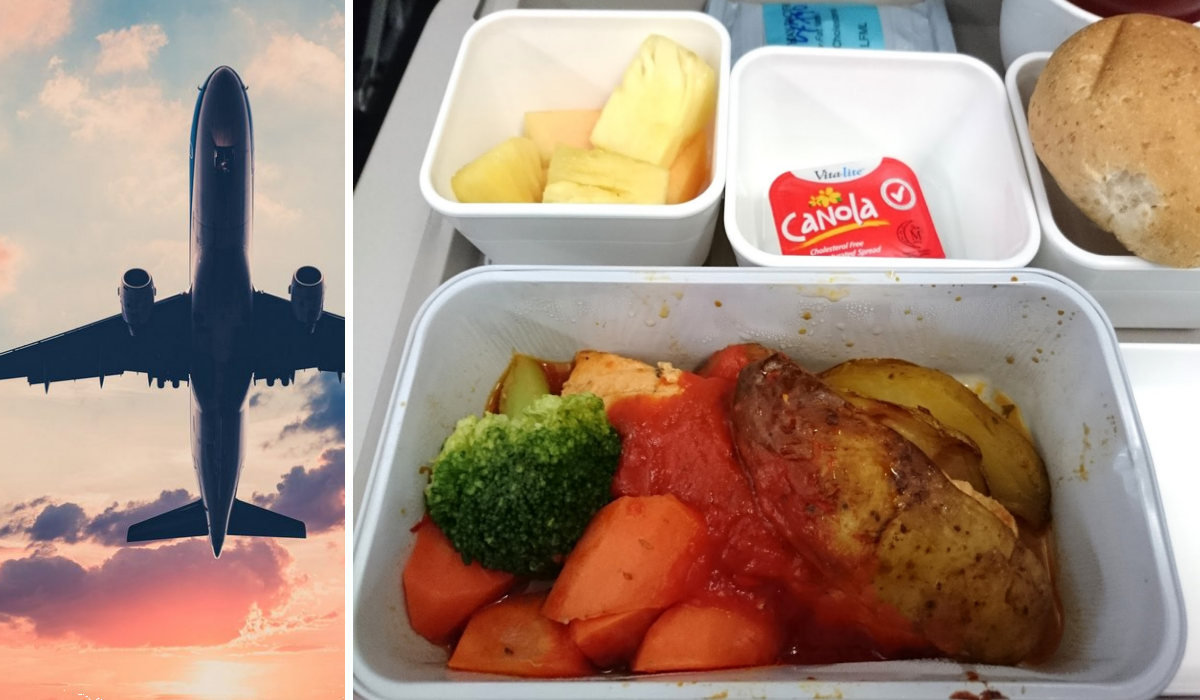The Japanese company Japan Airlines offered an original way to save on tourists, motivating it with “ethical considerations” and environmentalism and charity. Passengers – from economy class to business – were offered to voluntarily refuse food in flight. And at your own expense, that is, without reducing the cost of the plane ticket. However, this offer is wrapped in the attractive wrapper of an “ethical option” for tourists. As observers note, such a move by the carrier demonstrated how greedy and ready to do anything for money big airlines are.
In general, JAL’s Ethical Choice MealSkip Option program involves the voluntary refusal of meals for tourists on mostly night and morning flights. Those tourists who plan to take a nap instead of eating are offered to refuse. It is also reported that refusing to eat on flights “reduces food waste”. “We would like to provide you with JAL’s new Ethical Choice MealSkip Option service, where you can cancel your meal at the time of booking to enjoy sleep throughout the flight. You can refuse meals in all flight classes from economy to business – for this, you need to register in the program 25 hours before departure. Before departure, visit JAL’s website and select “No meals,” the Japanese press quoted the carrier as saying.
She also cites that airlines generate 6 million tons of waste per year, 20% of which is food and beverage. In return, the carrier is ready to donate a certain amount to a charitable company for each participant in the program. Which, in turn, should direct them to school feeding programs for children in developing countries.
Interestingly, international consumers were more critical of the initiative. They said that if they are already donating part of the airline’s service, then it should provide a discount on the ticket. “Would it be ethical in response to reduce the fare if you choose this no?” – inquired, for example, from Canada. The Briton found the concept of charity “interesting”, “but I don’t think people who like to eat on a plane will choose it”, he added.
But in the native environment, the idea was accepted, if not with a “hurrah”, then with approval. “For dinner, light food at home or in a hotel is enough. I had a wonderful flight and no one bothered me,” commented one of the Japanese consumers. The airline itself also assures that the idea was so well received by those passengers who fly on late flights, and they say that they are glad to be able to sleep well at night, that it has been extended to other destinations as well.
At the same time, it is emphasized that the service is voluntary. Those who are sure that they will want to eat during the flight can simply not participate in the program, the initiators assure.

